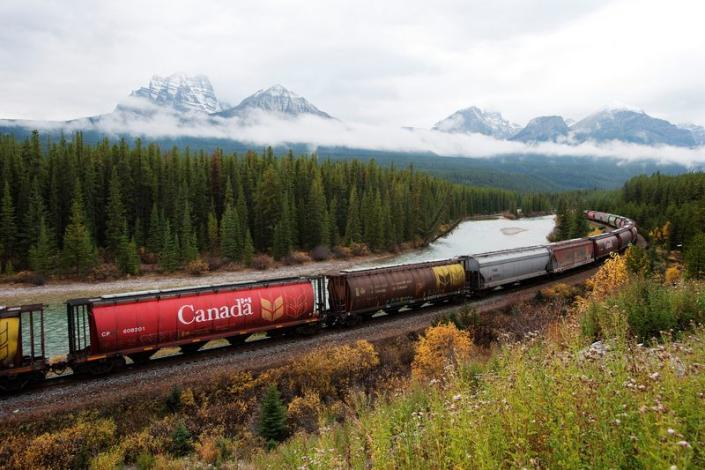Featured
article
- Get link
- X
- Other Apps
CN Rail and CPKC Lock Out Workers Amid Labor Talks Deadlock
Canadian National Railway (CN) and Canadian Pacific Kansas City (CPKC) have taken the drastic step of locking out workers, effectively shutting down Canada’s extensive freight rail network. The move comes after unsuccessful negotiations with the major labor union, Teamsters Canada. These negotiations have been ongoing since the expiration of contracts in December 2023.
The lockout has halted the movement of critical commodities such as grain, potash, and coal across the country. Here’s a timeline of the events leading up to this labor impasse:
- December 31: Contracts covering locomotive engineers, conductors, and yard workers at CN and CPKC expire.
- May 10: The Canadian government intervenes to delay a possible strike by railway workers.
- May 23: Talks hit a deadlock, with predictions that a legal strike or lockout would not likely occur before mid-July.
- August 22: CN and CPKC shut down their rail networks, affecting nearly 10,000 workers.
This unprecedented action underscores the severity of the labor dispute and its impact on Canada’s transportation infrastructure. As negotiations remain deadlocked, the ripple effects on the economy and supply chains are likely to be significant.
Popular Posts
Trump's Six Words: "I'm Going to Stop the Wars"
- Get link
- X
- Other Apps
Smart Savings for a Sharp School Start: Canadian Parents’ 2025 Guide
- Get link
- X
- Other Apps




Comments
Post a Comment